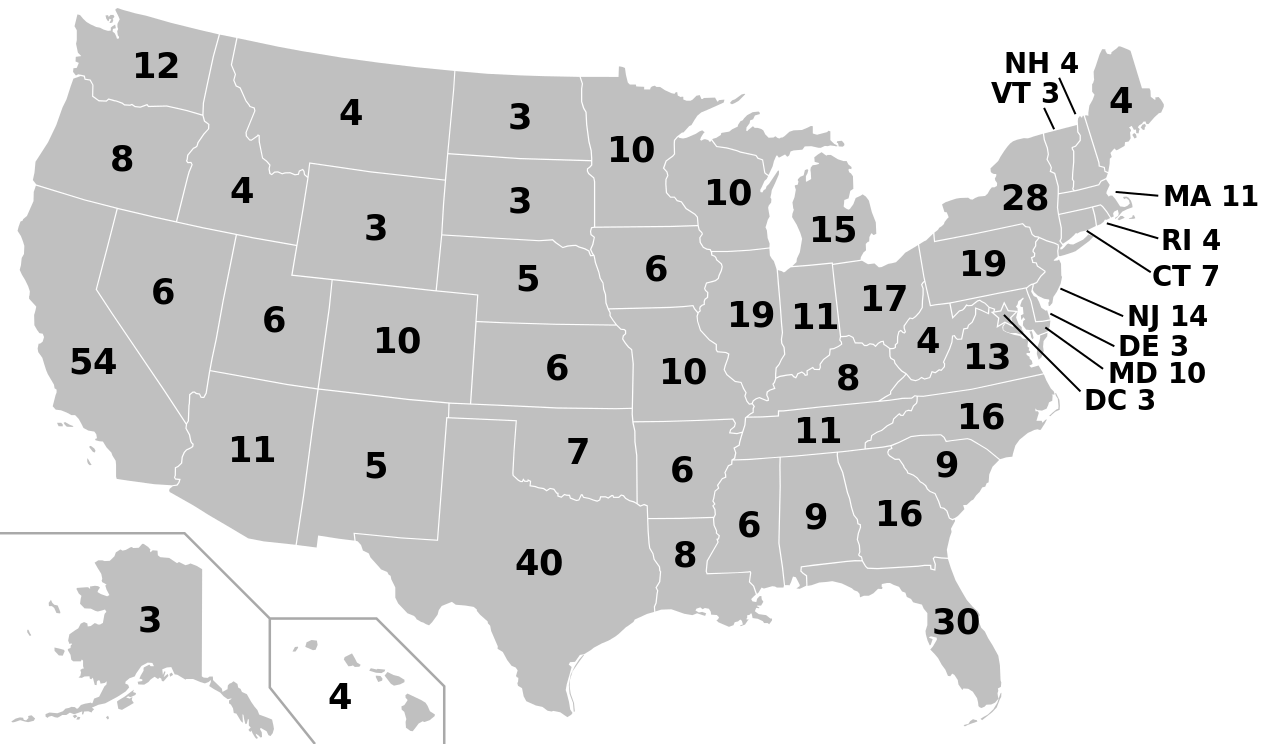The Israel-Palestine conflict, a long-standing dispute over land, resources, and political power, has not only been a source of tension in the Middle East but has also reverberated across the global financial landscape. Since the creation of the state of Israel in 1948, the conflict has escalated, resulting in a bitter struggle marked by military operations, terrorist attacks, and political unrest. In recent years, the conflict’s impact on the US stock market has become increasingly pronounced, leading investors to grapple with concerns about instability, disruption, and potential wider regional conflict.
Historical Context and Ongoing Struggles
The roots of the Israel-Palestine conflict trace back to the mid-20th century when the state of Israel was established. Since then, both sides have been entangled in a complex web of historical, religious, and political disputes, leading to persistent violence and hostility. The struggle over territories, resources, and the right to self-determination has created an atmosphere of profound instability, not only in the Middle East but also in the global financial markets.
Impact on the US Stock Market: Direct Consequences
The conflict’s immediate impact on the US stock market has been palpable. Investors, always sensitive to geopolitical unrest, have grown increasingly wary of allocating funds to companies with ties to the region. Military operations and terrorist attacks have intensified in recent years, fueling concerns about the stability of investments in the area. Such concerns have led to a reluctance among investors, causing fluctuations and uncertainties in the market.
Companies with significant exposure to the Middle East, especially those involved in defense, infrastructure, and energy sectors, have experienced heightened volatility. Investors fear that any disruption in the region could severely impact these companies, leading to decreased stock prices and diminished market value. As a result, investment decisions are often made with a cautious approach, taking into account the ever-changing dynamics of the conflict.
Indirect Impact and Broader Economic Concerns
Beyond the direct consequences, the conflict has exerted an indirect influence on the US stock market. The United States, historically a staunch supporter of Israel, plays a pivotal role in the region’s geopolitical landscape. Any escalation of the conflict could lead to increased US involvement, potentially involving military interventions and elevated defense spending.
Increased military spending, while reflective of geopolitical tensions, can have adverse effects on the US economy and subsequently impact the stock market. The diversion of resources towards defense initiatives often comes at the expense of social programs, infrastructure development, and economic stimulus efforts. Consequently, investors worry about the potential slowdown in economic growth, decreased consumer spending, and reduced corporate earnings, all of which contribute to market apprehension.
Investor Strategy and Vigilance
Given the multifaceted impact of the Israel-Palestine conflict on the US stock market, investors face the challenging task of navigating these uncertainties. Vigilance and strategic decision-making are paramount. Monitoring global geopolitical developments, especially those related to the Middle East, becomes a crucial aspect of investment strategies.
Investors must diversify their portfolios to spread risks and avoid overexposure to companies heavily reliant on the Middle East. This diversification strategy can act as a buffer, allowing investors to mitigate potential losses associated with sudden market fluctuations. Additionally, staying informed about political developments, peace negotiations, and diplomatic initiatives in the region is essential. Geopolitical events and peace agreements have the potential to significantly influence market sentiment and asset valuations.
Final Thoughts
The Israel-Palestine conflict, with its long history and multifaceted challenges, continues to cast a shadow over the global financial landscape. The conflict’s direct impact on the US stock market, coupled with its indirect consequences on defense spending and economic growth, underscores the need for investors to approach their decisions with caution and informed analysis.
While geopolitical tensions persist, investors must remain vigilant, diversify their portfolios, and stay abreast of political developments. By adopting a prudent and informed approach, investors can navigate the complexities of the conflict and make decisions that align with their financial goals and risk tolerance, even amid the uncertainty created by this enduring dispute.









Leave a Reply